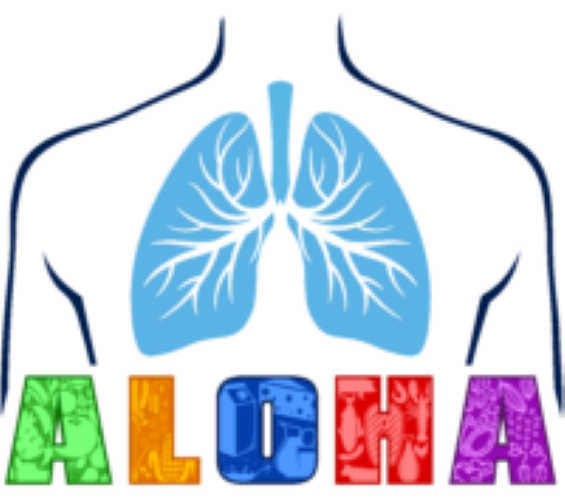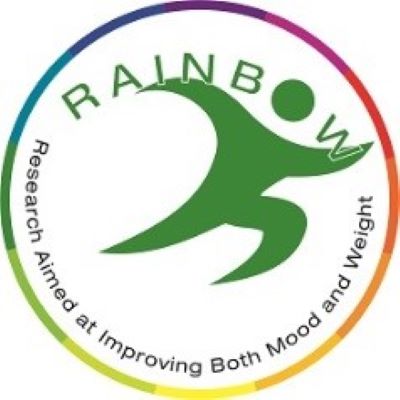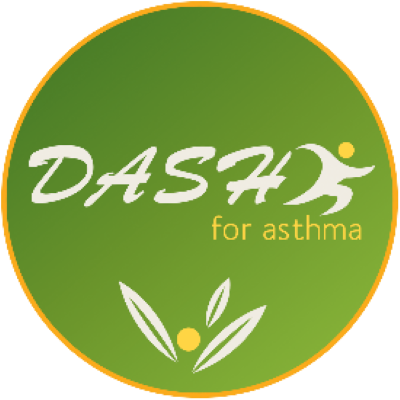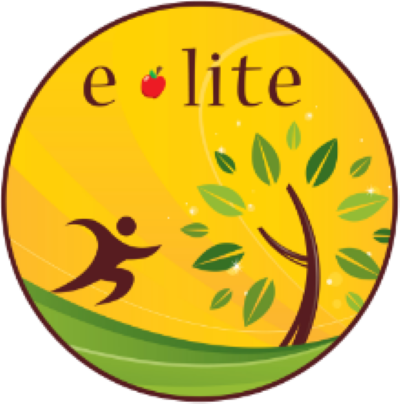Vitoux Research Initiatives
Learn about active and completed studies
Active Studies Heading link

The ALOHA trial: Addressing Quality of Life, Clinical Outcomes, and Mechanisms in Uncontrolled Asthma Following the DASH Dietary Pattern
Asthma is a chronic inflammatory disease of the airways. Its prevalence has increased markedly in the United States, with 19 million adults reporting current Asthma and 62% of them with uncontrolled Asthma. Poor diet quality is an important risk factor implicated in this alarming trend as a typical western diet promotes a proinflammatory host environment.
The current 2-phase, milestone-driven ALOHA trial will rigorously evaluate the efficacy and mechanisms of a behavioral intervention promoting the dietary approaches to stop Hypertension (DASH), an intervention that showed promising results in a pilot trial among adults with uncontrolled Asthma.
If interested in participating in this research, please fill out a brief survey. Questions? Call study staff at 312-515-1094 or email alohastudy@uic.edu.
The SPEAC-2 Trial: Study of a PST-Trained Voice-Enabled Artificial Intelligence Counselor (SPEAC) for Adults with Emotional Distress (Phase 2) Heading link

The SPEAC-2 Trial: Study of a PST-Trained Voice-Enabled Artificial Intelligence Counselor (SPEAC) for Adults with Emotional Distress (Phase 2)
Depression and anxiety are the leading causes of disability and lost productivity and are often underdiagnosed and undertreated owing to access, cost, and stigma barriers associated with conventional mental health services. Investigators at UIC, Washington University, and Pennsylvania State University developed a virtual voice-based coach, Lumen, on Amazon’s Alexa platform to deliver evidence-based problem-solving treatment (PST). Based on their recent, successfully completed pilot clinical trial of Lumen in 63 adults with mild-to-moderate depression and/or anxiety, these investigators have created Lumen 2.0 and will further test it in a larger clinical trial with 200 participants.
Participants in the new study also will be adults with mild-to-moderate depression and/or anxiety, who will be randomly assigned to 1 of 3 PST coaching intervention groups:
- Lumen Coached Group
- Human Coached Group
- Optional (Delayed) Lumen Coached Group
If interested in participating in this research, please fill out a brief survey. Questions? Call study staff at 312-257-4093 or email speacstudy@uic.edu.
The PIVOT Trial: Project on EHR-Integrated Lifestyle Interventions for Adults Age 50+ Heading link

The PIVOT Trial: Project on EHR-Integrated Lifestyle Interventions for Adults Age 50+
PIVOT is a multisite clinical trial of telehealth behavioral interventions among adults 50 and older with excess weight and cardiometabolic risk factors such as high blood glucose, hypertension, and high blood lipids. This trial will evaluate adaptive and nonadaptive strategies for using problem-solving treatment to augment an Electronic Health Record (EHR) integrated, validated video lifestyle intervention for weight loss and cardiometabolic disease prevention.
Investigators from UIC, Washington University, and the University of Pittsburgh will be enrolling more than 1,000 participants and follow them for a year. Participants will be randomly assigned to receive one of the study interventions delivered to them primarily through the interactive patient portal of the EHR system used at each university’s health system. The study investigators hope to identify effective integrated behavioral interventions to help people reduce their risk of cardiometabolic diseases.
If interested in participating in this research, call study staff at 312-485-0273 or email PIVOTstudy@uic.edu.
Completed Studies Heading link
-
Details of the study
The first phase of the SPEAC project is developmental research on a voice-enabled, artificial intelligence (AI) virtual agent, named
Lumen, trained in Problem Solving Therapy (PST). The specific aims are to (1) establish the functionality, usability, and treatment fidelity of Lumen using iterative, user-centered design, development, and formative evaluation; and (2) demonstrate feasibility, acceptability, and target engagement in a 2-arm pilot RCT.
-
Details of the study
A Phase 2 randomized controlled trial (RCT). The main goal is to investigate the outcomes and neurobiological mechanisms of an integrated depression and obesity intervention that combines collaborative stepped depression treatment and evidence-based behavioral weight loss treatment. The Integrated Coaching for Better Mood and Weight-2 (I-CARE2) intervention synergistically integrates two proven national programs: Program to Encourage Active and Rewarding Lives (PEARLS) for depression care and the Group Lifestyle Balance (GLB) program for weight loss and cardiometabolic risk reduction.
-
Details of the study
A pragmatic RCT. The main goal is to evaluate whether a self-directed, video-based weight loss intervention improves weight and generic health status among Veterans with obesity, relative to VA usual care.
-
Details of the study
A Phase 2/3 RCT. The main goal is to test a choice-based delivery of a lifestyle program designed to help Latino men make healthy lifestyle changes to lower their risk of developing diabetes and heart disease. The program is called HOMBRE (Hombres con Opciones para Mejorar el Bienestar y bajar el Riesgo de Enfermedades crónicas; English translation: Men with choices to improve well-being and decrease chronic disease risk).
-
Details of the study
A Phase 3 RCT. The main goal is to investigate whether a program proven to help people lose a modest amount of weight and increase their physical activity will improve functional status in patients with chronic obstructive pulmonary disease (COPD) and overweight or obesity. The program uses a series of video sessions focused on healthy eating and physical activity, and encourages participants to monitor their weight, diet, and physical activity for two years. Participants who are interested in receiving additional support will be able to work with a certified Health Coach around meeting weight and activity goals.
-
Details of the study
A Phase2/3 RCT. The main goal is to develop and rigorously test a culturally adapted intervention program to improve weight and physical activity in adult Latinos with overweight or obesity who are at high risk for type 2 diabetes and/or cardiovascular disease.
-
Details of the study

a Phase 2/3 RCT. The main goal is to evaluate the clinical, cost-effectiveness, and implementation potential of a primary care integrated collaborative care intervention program to help improve mood and weight for adults with co-morbid obesity and depression.
ENGAGE is a treatment mechanism investigation embedded in the RAINBOW parent trial with funding through the NIH Office of the Director’s Science of Behavior Change (SOBC) common fund. The main goal is to examine neurobehavioral mechanisms of self-regulation underlying the integrated treatment in obesity and depression.
-
Details of the study

A Phase 1/2 RCT. The main goal is to provide effect size estimates and justification, clinical trial and intervention feasibility data, and procedural materials for a full-scale RCT that will determine the efficacy and mechanisms of action of the Dietary Approaches to Stop Hypertension (DASH)—a recommended dietary pattern based on proven cardiovascular benefits—as adjunct therapy to standard care for adults with uncontrolled asthma.
-
Details of the study
A Phase 2/3 RCT. The main goal is to investigate the efficacy of an evidence-based weight loss intervention on asthma control among adults with obesity and uncontrolled asthma. The intervention employs a combination of recommended dietary and physical activity changes, and behavioral modification techniques.
-
Details of the study

A Phase 1/2 RCT. The main goal is to evaluate the feasibility and potential effectiveness of two lifestyle interventions for weight loss and cardiovascular risk reduction among at-risk adult patients in a community-based primary care setting.